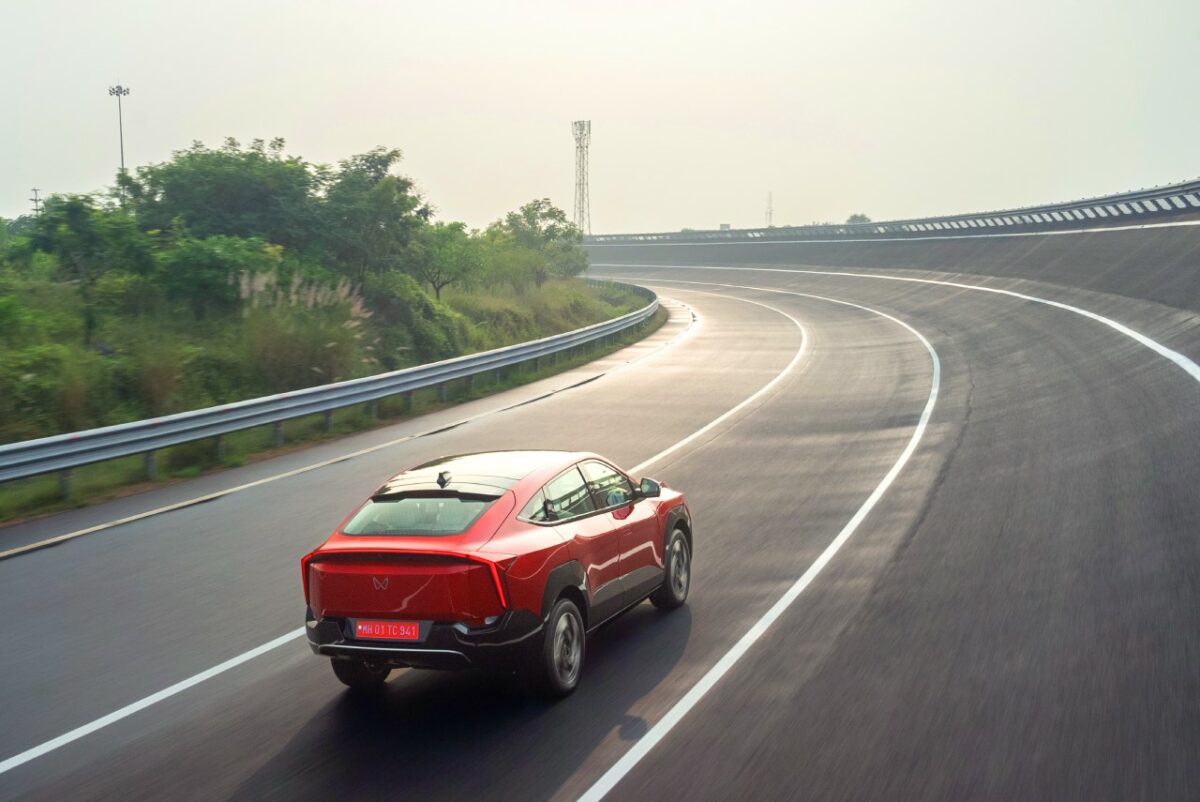For years, the conversation around EVs in India hovered between curiosity and skepticism. Many saw them as secondary vehicles—great for city runs but not quite dependable as a primary car. But now, the numbers tell a very different story. A story that’s hard to ignore. Over 20,000 customers have already brought home BE6 and XEV9e, Mahindra’s new-age electric SUVs. Together, they’ve clocked more than 9.3 crore kilometers. That’s not just a statistic—it’s proof. EVs are no longer niche. They’re going mainstream, and more importantly, they’re being trusted for everything—from daily commutes to long-distance highway drives. So, why are more Indians finally putting their money and trust into these electric SUVs? Let’s break it down.
Why These EV SUVs Are Winning Trust
1. Economics That Make Sense
Fuel prices in India remain stubbornly high. The running cost of a petrol or diesel SUV often eats into household budgets. EV SUVs, on the other hand, can be charged at home overnight—for a fraction of what a fuel refill would cost. For someone driving 1,000–1,500 km a month, the savings are real and substantial.
2. Maintenance Peace of Mind
Traditional SUVs are mechanically complex—gearboxes, clutches, filters, the list goes on. EVs strip away most of that. Fewer moving parts mean fewer breakdowns, fewer workshop visits, and lower maintenance bills. That’s one major hassle removed for the Indian car owner.
3. Policy Push
Several Indian states now waive road tax on EVs, and some offer subsidies—directly reducing the upfront cost. This often becomes the tipping point for buyers on the fence.
Also read: Mahindra BE6 Buyer Shares His 5 Months Ownership Experience
Busting the Myths
Despite the advantages, EVs in India have long been trapped in myths. “What if the battery doesn’t last? What about long trips? Are they really comfortable enough?” The Mahindra BE6 and the XEV9e are systematically dismantling those doubts:
Myth 1: Range Anxiety
The Reality: With up to 500 km of real-world range, these EV SUVs are built for both city runs and outstation trips.
For context: That’s enough for a Mumbai to Goa drive in a single charge. Or a Delhi to Jaipur round trip. Even a Mumbai to Nashik and back, without stopping to recharge.

The Proof: With 9.3 crore km already clocked, these vehicles are clearly being used as primary cars, not just second-city commuters.
Also read: Mahindra XEV 9e Owner Reacts After 1 Month: Real Talk on Range, Tech & Style
Myth 2: Charging is a Pain
The Reality: Superfast charging gets you back on the road in under an hour. And for home users, nothing beats the convenience of overnight charging—plug in before bed, wake up to a full “tank.”
The Proof: India’s public charging infrastructure is expanding rapidly, especially in metros and along key highways. Unlike early adopters, today’s EV owners are rarely left stranded.
Myth 3: EVs Lack Features
The Reality: These electric SUVs are loaded—digital cockpits, advanced driver assistance, connected features, and spacious, futuristic interiors. These aren’t stripped-down econoboxes—they’re premium, aspirational machines.

The Proof: Younger families and tech-forward professionals are choosing them not as compromises, but as upgrades.
Myth 4: Comfort Isn’t the Same
The Reality: With their low center of gravity, smooth power delivery, and silent cabins, EVs offer a refined driving experience that ICE vehicles struggle to match. No gearshifts, no engine noise, just smooth, instant torque.
The Proof: Many owners now prefer their EVs for long drives, precisely because they’re more relaxing and effortless to drive.
Myth 5: Battery Won’t Last
The Reality: Mahindra’s electric SUVs come with a lifetime battery warranty that puts to rest one of the biggest concerns Indian buyers have about EV longevity.
The Proof: This long-term assurance is a clear sign of confidence in the technology—and it’s winning over even the most cautious buyers.
A Cultural Shift on Indian Roads
What’s fascinating is that this adoption story isn’t just about specs, it’s about changing mindsets.
- Families are choosing EVs as their primary cars.
- EV SUVs are making their way onto highways, not just city streets.
- Word-of-mouth from satisfied owners is driving a new wave of adoption.
In India, buying decisions are often shaped by community. When a neighbor or colleague says their EV has done 20,000+ km without hassle, it carries more weight than any advertisement.
What This Means for the Future
The 20,000+ customers and 9.3 crore km figure is just the beginning. With launches like the BE6 and XEV9e, and infrastructure growing steadily, India’s EV market is heading into a sharp growth phase.
- Mainstream Adoption: From niche to default contenders in the mid-size and full-size SUV segments.
- Tech Leadership: Lifetime battery warranties, connected features, and ADAS put these EVs a step ahead of their ICE rivals.
- Market Impact: The success of Mahindra’s EV SUVs is pushing the industry forward—driving more competition, innovation, and consumer benefit.
Also read: Mahindra XEV 9e and BE6 Pack 2 Detailed on Tape
Final Thoughts

For years, skeptics claimed EVs couldn’t work in India. But today, 20,000+ families have already made the switch, and together, they’ve driven over 9.3 crore km without looking back. This isn’t a future trend, it’s happening right now. And if the early success of Mahindra’s BE6 and XEV9e is anything to go by, the electric revolution in India isn’t coming.
It’s already here.


